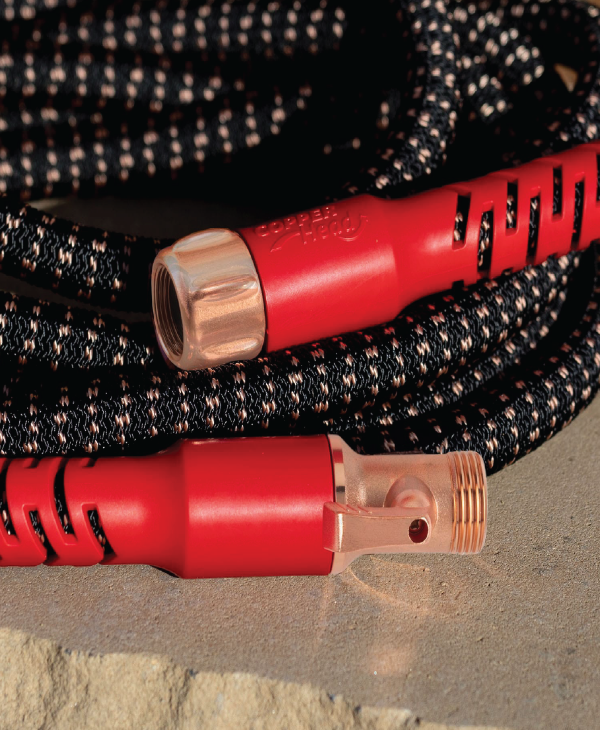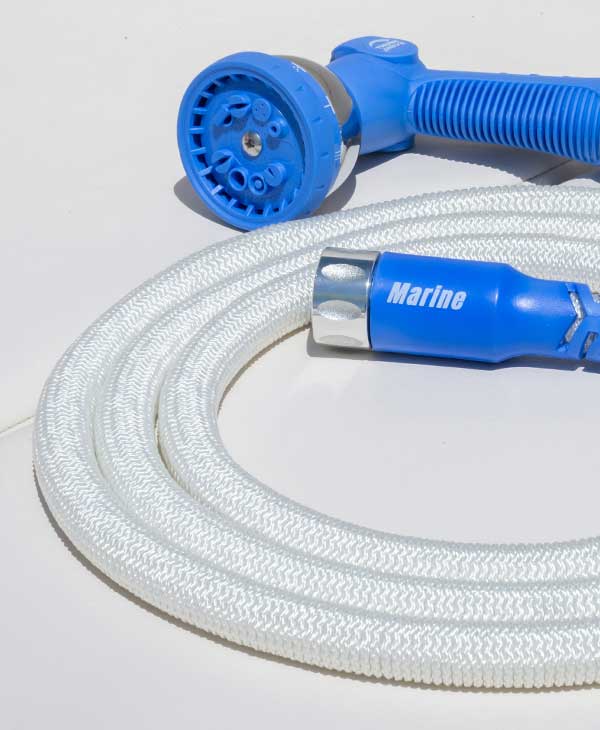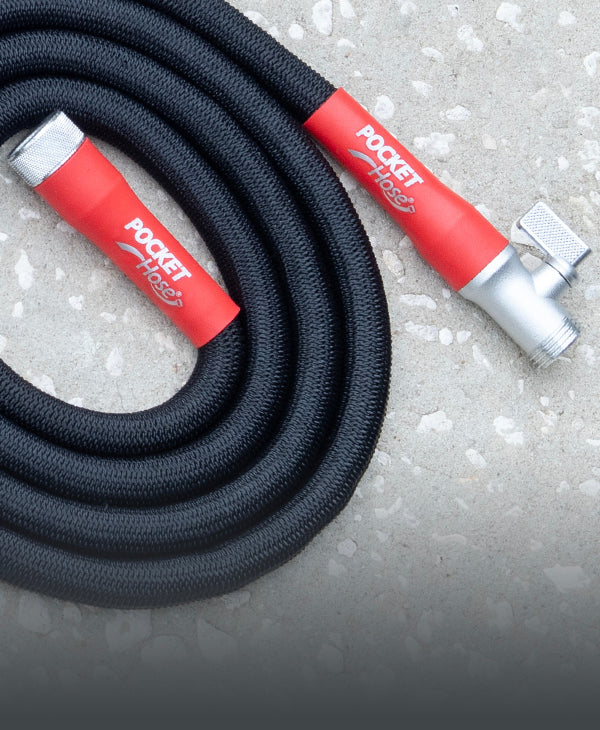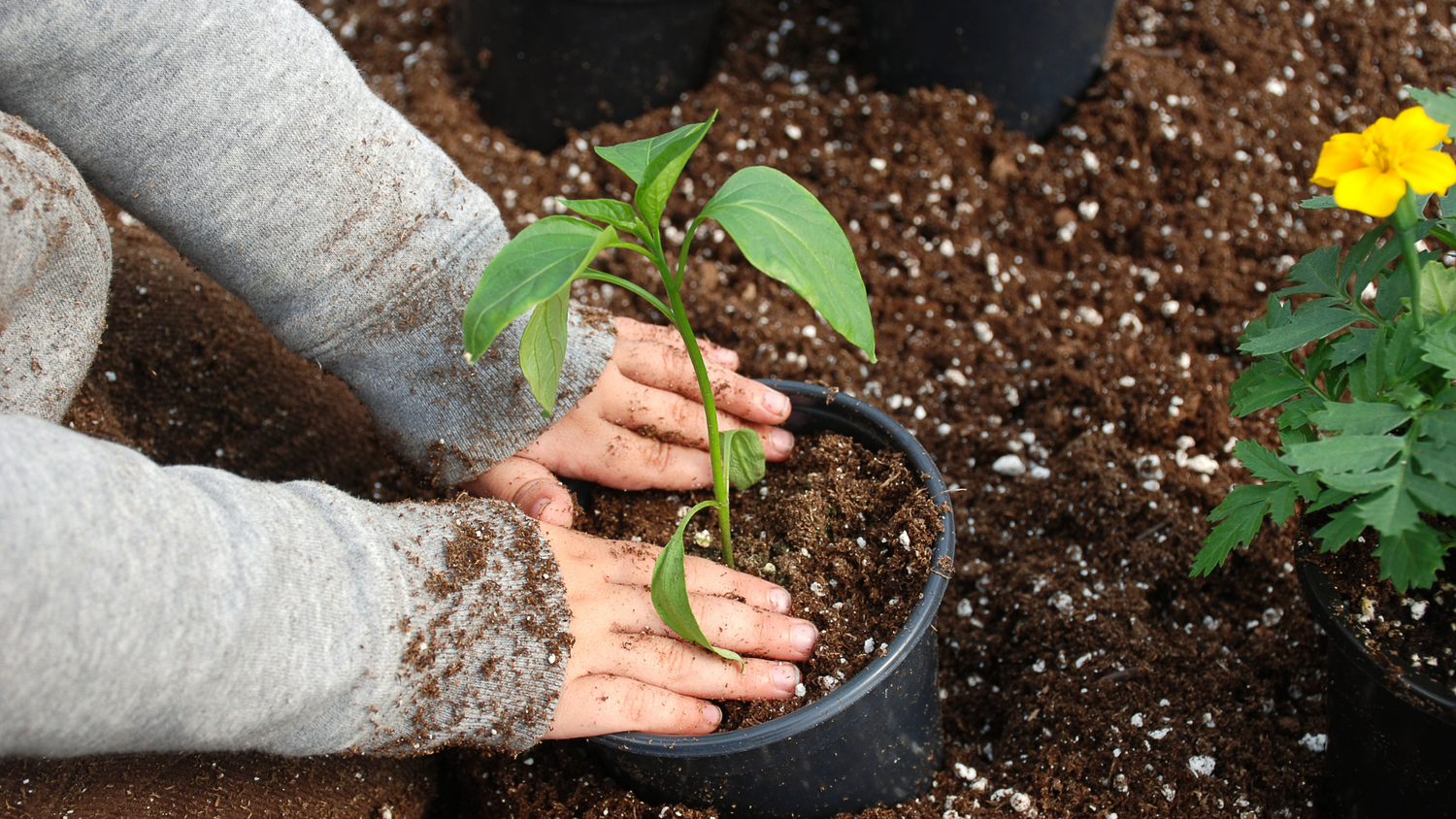Gardening isn't just about putting seeds in the ground and hoping for the best. It's an art, a science, and a bit of magic thrown into the mix. Whether you're just getting started or have dirt permanently under your nails, there's always something new to learn. So, let's dive into 25 gardening tips that might just make your garden the envy of the neighborhood.
1. Understand Your Zone
Starting off, it's all about location, location, location. Knowing your USDA Hardiness Zone isn't just for the pros. It's like choosing the right outfit for the weather. You wouldn't wear flip-flops in a snowstorm, right? Similarly, picking plants that vibe with your zone means they'll be happy and healthy, which is exactly what we want.
2. Test Your Soil
Imagine trying to make a fancy dinner without knowing what ingredients you have. Testing your soil is like looking into your gardening pantry to see what's missing. By figuring out your soil's pH level and nutrient content, you're setting yourself up for success. It's a small step that makes a big difference.
3. Start with High-Quality Seeds
Quality matters. Starting with high-quality seeds is like choosing a premium coffee over a generic brand. Sure, both might wake you up, but you'll enjoy the journey more with the good stuff. Look for seeds from reputable sources to give your garden the best start.
4. Plan Your Garden Layout
Planning your garden layout is like organizing your room. You wouldn’t want the tall bookshelf blocking the window, right? In the same way, think about where each plant goes. Consider their needs, like how much sun they love or how big they'll get. A little bit of planning goes a long way toward a happy garden.
5. Don’t Ignore Companion Planting
Think of companion planting as setting up friends on a blind date. Some plants just get along really well, like tomatoes and basil. They can help each other grow, fend off pests, or taste better. It’s a gardening hack that nature provides for free.
6. Master the Art of Watering
Watering isn't just about keeping plants from getting thirsty—it's about how and when. Over-watering can be just as much of an oopsie as not watering enough. Check the soil and give your plants a deep drink less often. It's like savoring a good meal rather than snacking all day.
7. Mulch is Your Friend

Mulch is like a cozy blanket for your plants. It keeps the soil moist, cool, and weed-free. Plus, as organic mulch breaks down, it feeds the soil. This simple step pays off in healthier plants and fewer weeds. Who doesn't love that?
8. Prune Regularly
Pruning isn't just garden beautification—it's vital for healthy growth. Think of it as giving your plants a good haircut. It keeps them in shape, encourages new growth, and can help keep pests and diseases at bay. Just make sure to use the right technique for each plant.
9. Rotate Your Crops
Playing musical chairs with your plants every year can help keep them healthy. Crop rotation prevents soil depletion of the same nutrients year after year and can break the cycle of pests and diseases. Trust me, your garden will thank you for the change of scenery.
10. Attract Pollinators
Bees, butterflies, and other pollinators are like the party planners of the plant world. They help your plants produce fruits and seeds. Planting various flowers, especially natives can help invite these vital guests to your garden bash.
11. Implement Integrated Pest Management (IPM)
Think of IPM as your garden's peacekeeping task force. It’s about tackling pests in the least harmful way possible, using natural predators, barriers, or environmentally friendly sprays before reaching for heavy-duty chemicals. It keeps your garden healthy and happy.
12. Utilize Natural Pest and Disease Remedies
Before you go nuclear on pests with chemicals, try some DIY remedies. Things like neem oil, insecticidal soap, or even a homemade garlic spray can be effective without the harsh side effects on your garden's ecosystem. Plus, it's kind of fun playing mad scientist in the garden.
13. Be Mindful of Plant Spacing
Crowded gardens are like overcrowded parties—nobody really has a good time. Plants squeezed too close together can struggle for light, water, and nutrients and are more prone to disease. Give your plants room to breathe and grow.
14. Go Vertical
Space is a premium for many gardeners. Going vertical is like installing a set of bunk beds for your plants. It saves space, plus climbing plants love it. And let's be honest, there's something magical about a wall of green or a trellis covered in blooms.
15. Start Composting
Composting is turning your kitchen scraps and yard waste into black gold for your garden. It's a bit like recycling, but even better because it enriches your soil, reduces waste, and makes you feel like a wizard turning "trash" into treasure.
16. Choose the Right Tools
With the right tools, every hobby is more enjoyable, and gardening is no exception. Investing in quality tools that feel right in your hand makes gardening less of a chore and more of a pleasure. Plus, they last longer, which is a win for your wallet in the long run.
17. Be Patient with Perennials
Perennials are the long game in gardening. They might not show much in their first year, but give them time. As they say, "First-year sleep, second-year creep, third-year leap." Before you know it, they'll be the stars of your garden show.
18. Label Plants Wisely
In the excitement of planting, it's easy to think you’ll remember where you planted what. Spoiler: you might not. Labeling is like leaving breadcrumbs for future you. It saves a lot of head-scratching, especially when plants start popping up.
19. Keep a Garden Journal
Not all gardening wisdom comes from books or blogs—some will come from your own experience. Keeping a garden journal is like writing letters to future you. It’s a place to record what worked, what didn’t, and those happy little accidents that turn into triumphs.
20. Gradually Acclimate Seedlings
Bringing home a new plant or pet requires an adjustment period, and seedlings are no different. Give them time to get used to the idea before planting them out in the big, wide world. It helps them put their best root forward and thrive in their new home.
21. Pay Attention to Frost Dates
Frost dates are like bookmarking the beginning and end of your gardening season. Planting too early or harvesting too late can leave you heartbroken. Keeping an eye on those dates helps you play nicely with Mother Nature’s schedule.
22. Use Rainwater Wisely
Rainwater is like a free drink for your plants; they love it. Collecting rainwater is a great way to save on your water bill and give your plants the best. Plus, it's an easy step towards being a bit more eco-friendly.
23. Provide Support for Climbing Plants
Climbing plants like a helping hand as they grow. Providing support structures helps them reach for the stars and keep your garden tidy and disease-free. And it’s pretty satisfying seeing plants happily climb up the support you’ve provided.
24. Understand the Life Cycle of Your Plants
Plants, like people, have different life cycles. Knowing whether your plant is an annual, perennial, or biennial helps you understand how to care for it and what to expect. It’s like knowing whether to prepare for a sprint or a marathon.
25. Never Stop Learning
The most important tip is to keep an open mind and never stop learning. Gardening is a journey, not a destination. Each season brings its lessons and adventures. Embrace the trials, celebrate the successes, and cherish the quiet moments in between.
Final Thoughts
Gardening is more than just plants; it's about growth, patience, and belonging. These tips are here to guide you but remember, the most important ingredient in any garden is the love and joy you bring to it. So, roll up your sleeves, get your hands dirty, and let's make something beautiful together. Happy gardening!





Leave a comment
This site is protected by hCaptcha and the hCaptcha Privacy Policy and Terms of Service apply.